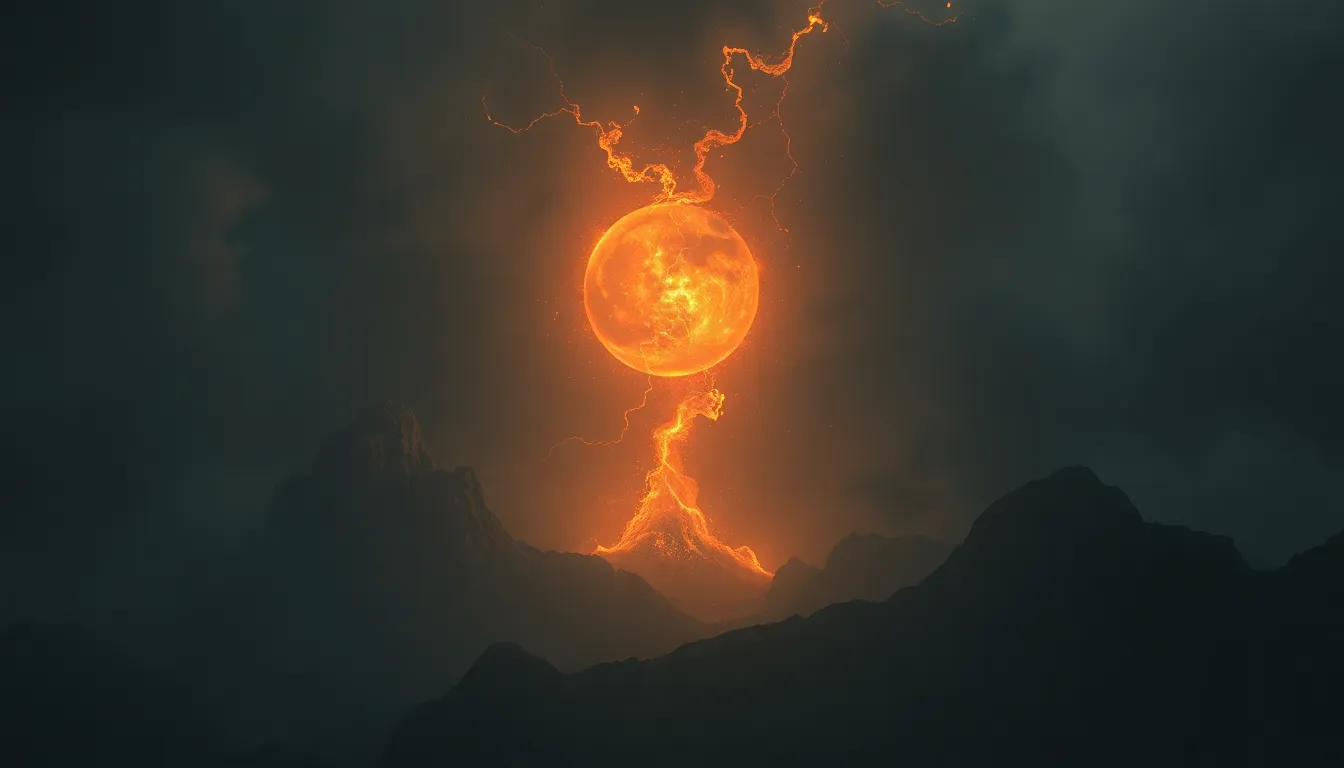Greek Mythology and the Concept of Unity
The Myths of Ancient Greece: A Gateway to Unity
Greek Mythology encapsulates a rich tapestry of stories born out of ancient Greece, delving into the lives and adventures of gods, goddesses, heroes, and mythical creatures. These myths form a cultural cornerstone that not only entertained but also served a deeper purpose – to unite communities through shared narratives and beliefs.
Unity in Diversity: Pantheon of Gods and Heroes
One of the captivating aspects of Greek Mythology is the diverse pantheon of gods and goddesses, each representing different facets of life and nature. Despite their individual powers and domains, these deities formed a unified cosmic family, with Zeus as the king of gods, maintaining harmony and order in the universe. Heroes like Heracles and Perseus demonstrated exceptional strength and courage, embodying values that resonated across Greek society, fostering unity through shared admiration and storytelling.
The Three Fates: Threads of Unity and Destiny
In Greek Mythology, the Three Fates – Clotho, Lachesis, and Atropos – symbolize the interconnectedness of life and the inevitability of fate. These deities, responsible for spinning, measuring, and cutting the thread of life, underscored the concept of unity in the face of destiny. Their portrayal emphasized the cyclical nature of existence and the interconnectedness of all beings, promoting a sense of unity and acceptance of the unknown.
Lessons from Greek Mythology: Embracing Unity in Modern Times
The timeless tales of Greek Mythology continue to resonate in modern times, offering valuable lessons on the significance of unity amidst diversity. By exploring these myths and understanding the underlying themes of cooperation, respect for nature, and the interconnectedness of life, we can find inspiration to foster unity within our communities and beyond. Just as the ancient Greeks found solace and strength in their shared myths, we too can draw upon these stories to nurture a sense of unity in an increasingly interconnected world.
Through the lens of Greek Mythology, we glimpse a profound understanding of unity as a guiding principle that transcends time and culture, reminding us of the enduring power of myths to unite humanity through shared stories and timeless truths.

FAQ: Greek Mythology and Unity
What is Greek Mythology?
Greek Mythology refers to the collection of myths and stories that originated in ancient Greece. These myths often involve gods, goddesses, heroes, and legendary creatures and have been passed down through generations.
How does Greek Mythology explore the Concept of Unity?
In Greek Mythology, the concept of unity is portrayed through the interconnectedness of gods, humans, and nature. It highlights how actions and events are intertwined, emphasizing the idea of a harmonious and interconnected world.
Which Greek Myths exemplify the Concept of Unity?
Myths such as the story of Demeter and Persephone demonstrate unity through the cyclical nature of the seasons, symbolizing the interconnectedness of life, death, and rebirth. The tale of Prometheus, who gave fire to humanity, also showcases unity by illustrating the bond between gods and mortals.
Why is the Concept of Unity important in Greek Mythology?
Unity in Greek Mythology serves to show that everything in the world is connected and that individuals are not isolated beings but part of a larger, unified existence. It promotes the idea of working together, respecting nature, and honoring the divine for a balanced and peaceful coexistence.


